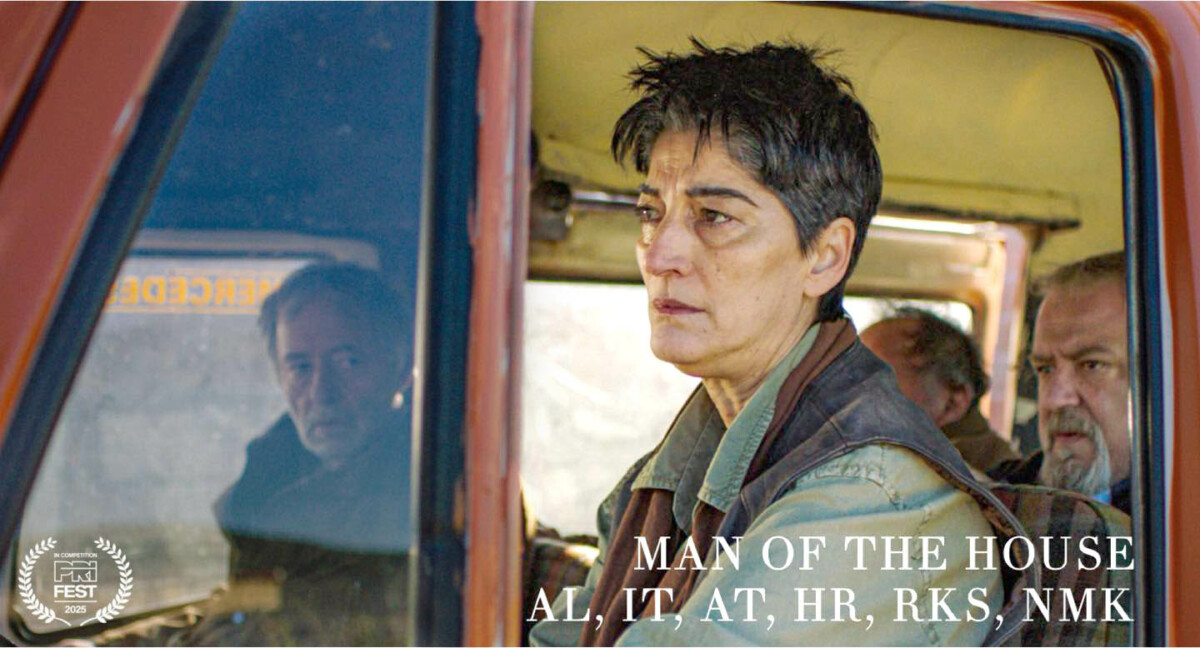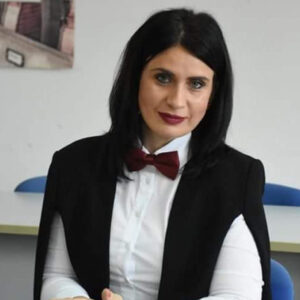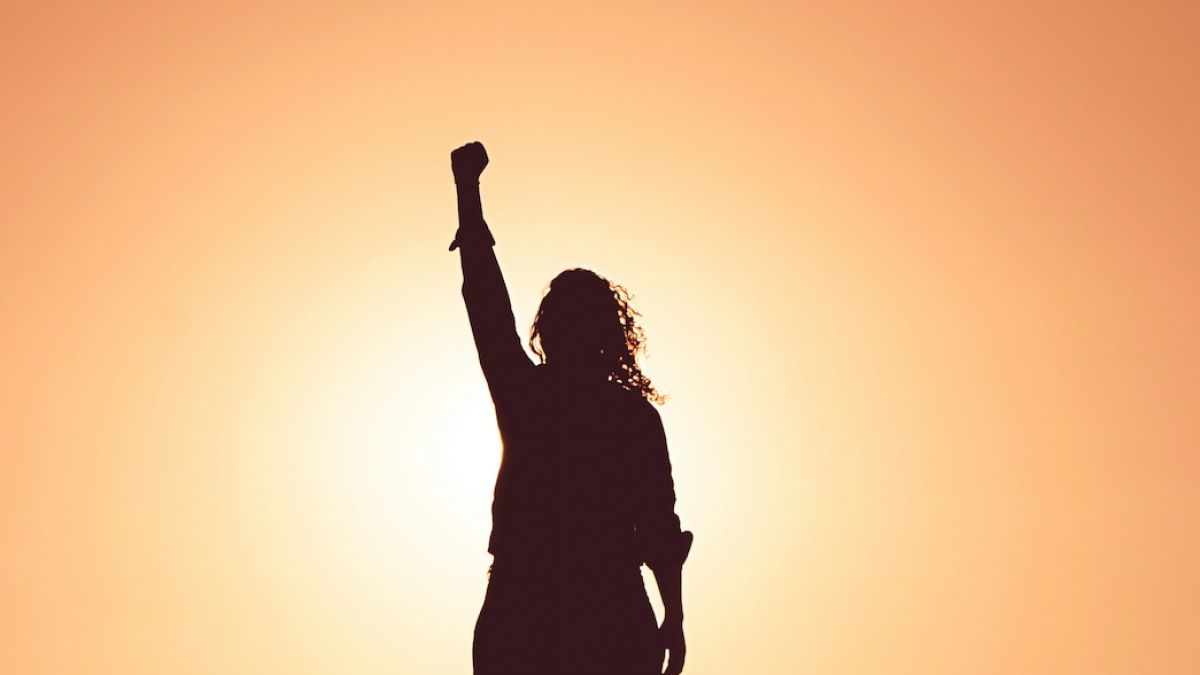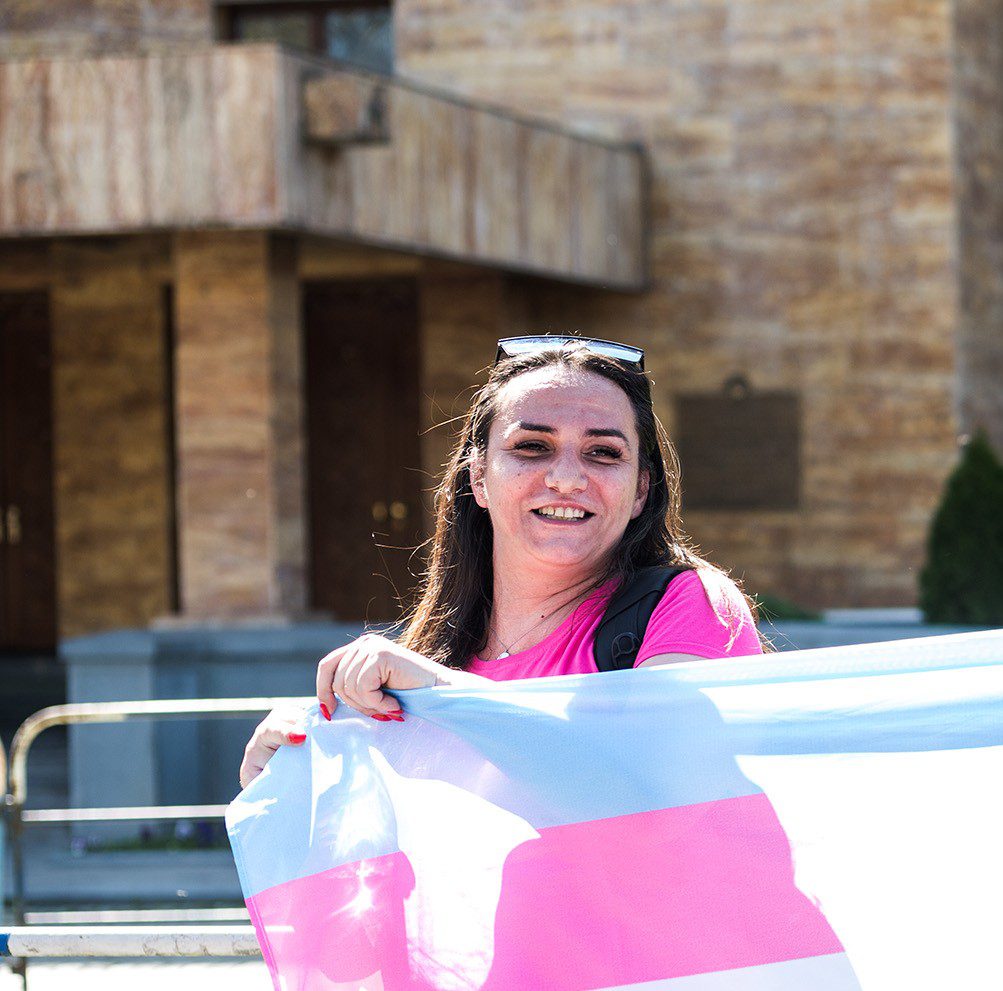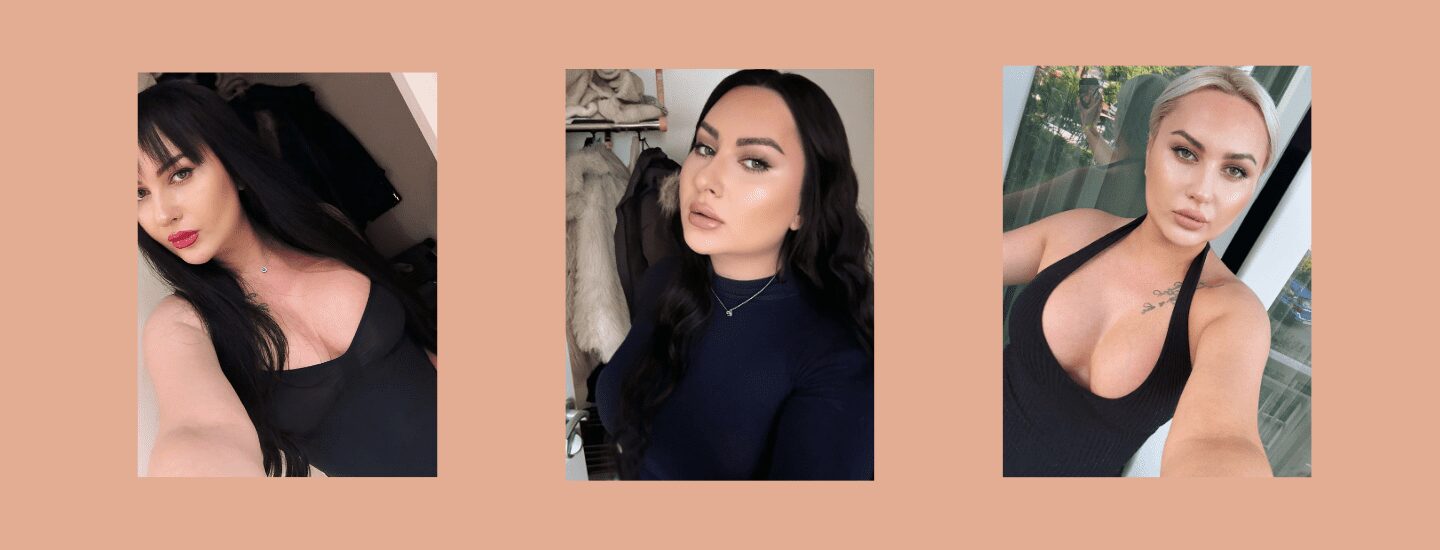In the feature film “Man of the House”, the well-known actress from North Macedonia, Drita Kaba Karaga, takes on the leading role of an Albanian sworn virgin (burrneshë) Fran, a woman who lives as a man in order to protect her family and preserve their honor. This role required Drita to do intense emotional and physical preparation, as well as reflect deeply on the reality of women who sacrifice themselves for others.
The theme of the sworn virgin in Albanian cinema has drawn the attention of the international film world as well. Through this film, the story of women who challenge traditional gender norms and roles extends beyond local borders, contributing to the global discussion on women’s strength, courage, and sacrifice. In this interview, Drita speaks about the greatest challenges she faced while building her character, and how she felt and interpreted Fran’s story.
- How did you accept the role of Fran, and what attracted you most to this story?
As soon as I read the script, Fran struck me with the way she chose to live her life by denying herself. She makes sacrifices not only for herself but also for her loved ones. That sense of sacrifice, the strength within which great tenderness is hidden, that’s what drew me in immediately.
- How did you prepare emotionally and physically to portray a sworn virgin?
Fran tries to be tough, to swear like “men,” to drink raki, to push for her place in line, to act arrogant. But inside, she has the heart of a woman who once was in love, something revealed through her relationship with her friend after the accident. To embody this role, I had to balance outer strength with hidden emotions that sometimes even Fran herself refuses to acknowledge.
- What were the biggest challenges in creating this character?
Fran’s harsh relationship with the children, especially with Zana, was a challenge in and of itself. It was difficult to maintain the harshness that the role demanded, because personally, I would never behave that way. Yet through this relationship, we also see Fran’s naivety, and her belief that harshness is the best way to raise a girl.
- What is it like to play a role that carries such a heavy life story?
It’s an experience that consumes you emotionally. Fran left a deep mark on me because she carries the weight of a difficult life without ever complaining. She faces everything through honest work, even though she works hard and gains little.
- Did you have contact with or references from women who lived in the same reality as Fran?
Not directly, but through the stories of strong women I’ve met throughout my life, I felt much of the spirit of the sworn virgins. That sense of sacrifice that turns pain into strength.
- What does Fran represent to you personally?
Fran represents a woman who chooses to survive by hiding behind a male disguise, but without losing her essence and humanity. She is a symbol of survival, of love that is not expressed through words but through deeds.
- How do you view the figure of the sworn virgin in Albanian society?
The figure of the sworn virgin is steeped in myth but also in tragedy. She is a woman who sacrificed her femininity for honor, family, and survival. I admire her, but it also pains me.
- What message do you want the audience to take from this character?
That strength is not always a shout or a show of harshness. True strength is remaining human, even when life forces you to be something else.
- Does the burden of family play a role in Fran’s life and choices?
Very much so. Fran builds her entire existence on responsibility. She places her family above all else and often forgets herself. That makes her strong, but also lonely.
- Do you think Fran’s role represents a form of resistance or sacrifice?
Both. She resists through sacrifice. She is a figure who never gives up, but also never truly lives for herself.
- How has this role changed you as an actress?
This role made me understand more deeply how many layers exist within a woman. It taught me that behind every harshness lies pain, and behind every pain, a great unspoken love.
- Has this experience influenced the way you see women and their role in the family?
Yes, absolutely. It made me reflect on the sacrifices women often make in silence. They are often the ones who carry the heaviest weight without ever asking for gratitude.
- What was the most touching moment during filming?
I have beautiful memories with the children. Off set, we laughed and had fun, but during the scenes I had to act as Fran. On the first day, one of the children asked me, “Uncle Fran, are you a boy or a girl?” I didn’t answer, and from their comments I realized I was portraying this character convincingly. That was the moment I felt that Fran was coming to life within me.
- Fran’s dilemmas about gender identity were profound, but she seemed more like a woman who chose to survive under a man’s disguise. Do you agree?
Yes, that’s exactly how I see it. Fran didn’t want to be a man; she wanted to survive. It was her way of saving herself and her family in a world where women had little space.
- If you could meet Fran outside the film, what would you tell her?
I’d tell her: “Now you can rest. You’ve done enough. You don’t have to be strong all the time anymore.”
This material is completely or partly financed by UK International Development and The Kvinna till Kvinna Foundation, that do not necessarily agree with the opinions expressed within. The author alone is responsible for the content.
